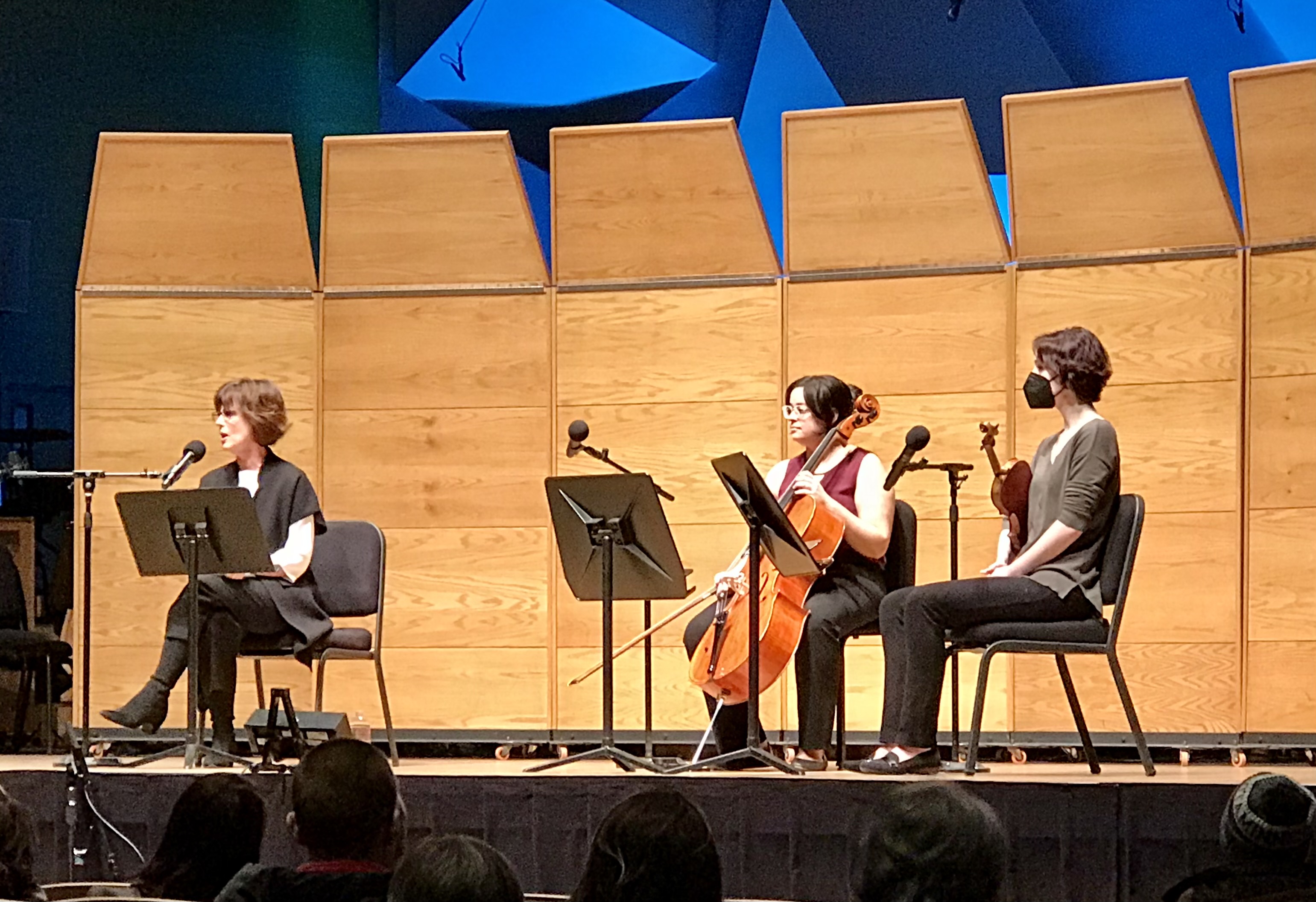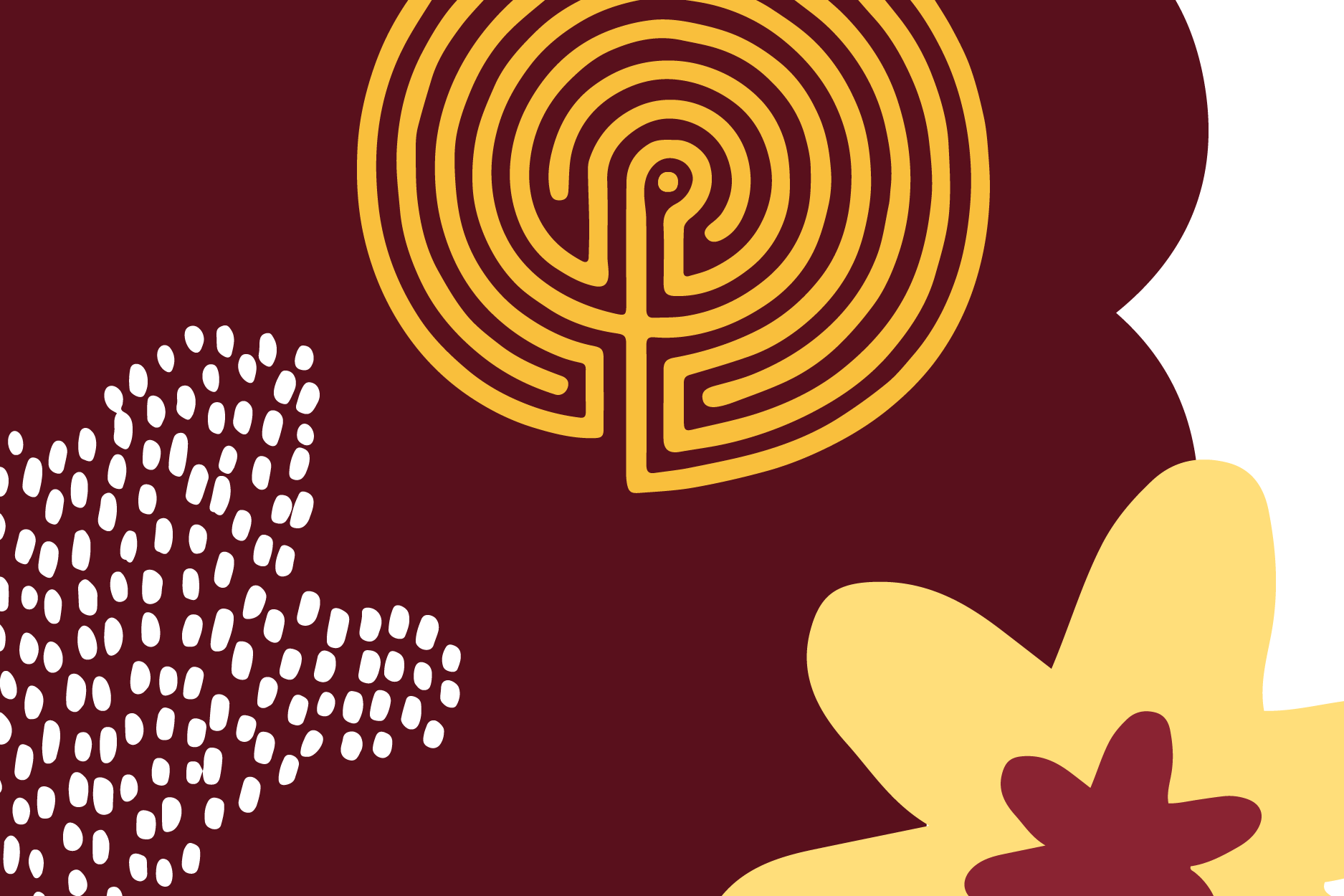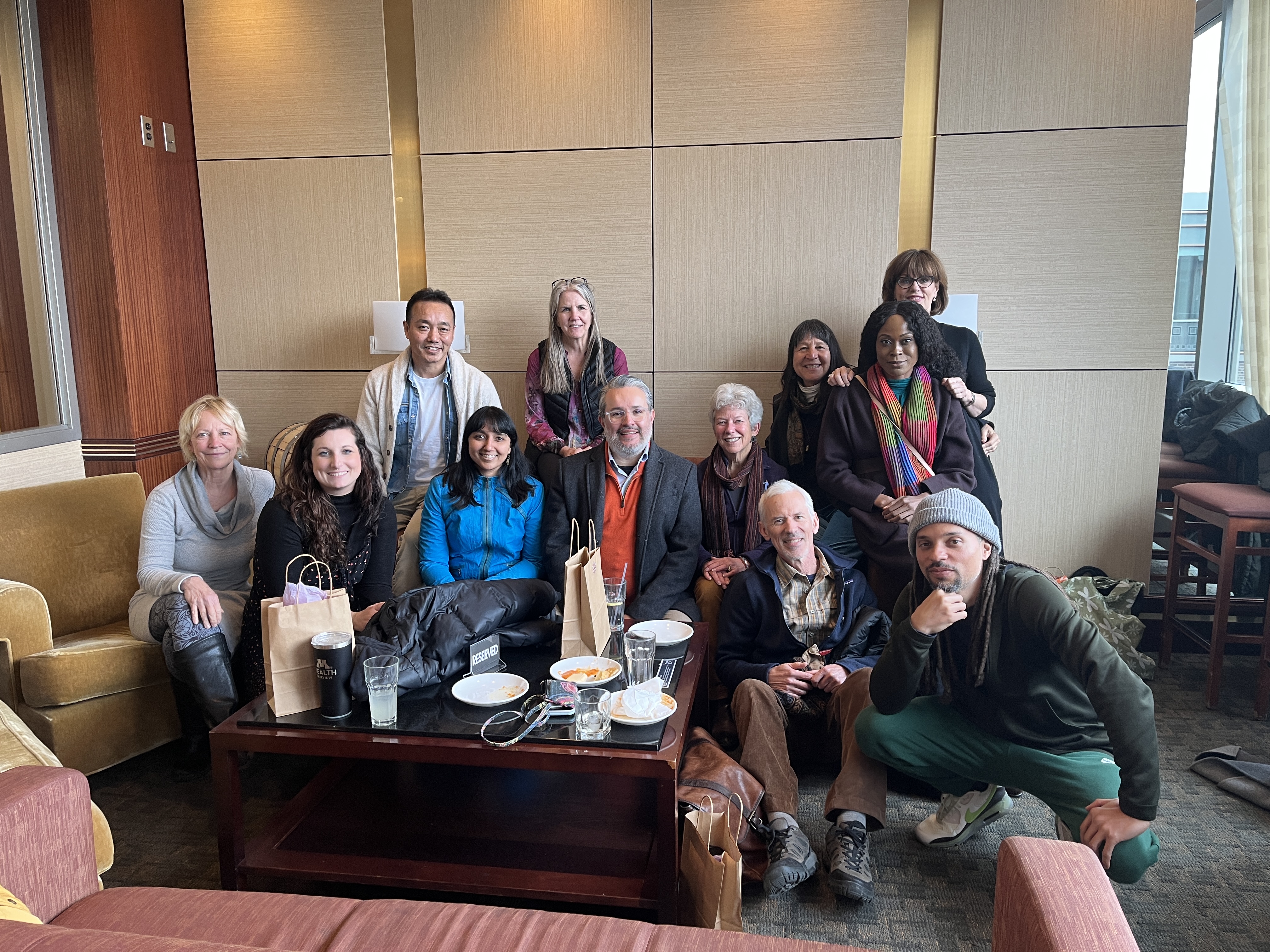CSH Mindfulness Newsletter – 15th Issue, The Spirit of Generosity
Practicing the spirit of generosity and mindfulness during this unusual holiday season.
December 1, 2020
Mariann Johnson
This holiday season, throughout the United States and much of the world, we are being asked to stay put, not gather with others outside our households and adhere to other practices to protect ourselves and others from COVID-19. We are physically distancing during a season frequently associated with socializing and coming together with friends and family. Although it's a challenging time for many of us, it may also present an opportune time to cultivate a spirit of generosity, and perhaps even reframe what generosity means to us.
Generosity is often associated with gift giving, especially this time of year. However, upon even a quick google search, one discovers that generosity is also associated with qualities like kindness, unselfishness, willingness to give and share, philanthropy, magnanimity, nobility, and caring for others.
Research indicates that generosity is deeply rooted in our very biology and evolutionary history. A 2018 UC Berkeley white paper on “The Science of Generosity” states that, “Species as diverse as bees, birds, vampire bats, rats, and chimpanzees all exhibit forms of generosity, or what can be broadly described as ‘prosocial behavior’—acts that benefit others.” As humans, it turns out we are also biologically wired for generosity. And science tells us what we may already know: it feels good to be generous. Generosity activities reward pathways in the brain and is associated with an increased sense of psychological health and well-being. Giving social support—time, attention, effort, or goods—is associated with better overall health in older adults, and volunteering is associated with delayed mortality. Generosity has even been shown to have benefits in the workplace, such as reducing the likelihood of job burnout, and in relationships, it is associated with more contentment and longer-lasting romantic relationships.
When we look at generosity through the lens of mindfulness, it is viewed more as a quality of character than as a something to give or receive. A few years ago, Jon Kabat-Zinn, author and founder of the Mindfulness-Based Stress Reduction (MBSR) program, added generosity to his list of mindfulness attitudes to cultivate and to help guide one’s mindfulness practice. Taking up generosity as an intentional practice may help us to remember to lean into our better selves and to see the good in others.
As a mindfulness attitude or quality of character, generosity involves giving of yourself to others with an open heart, without expecting anything in return. It also includes how we care for and attend to our own minds and wellbeing. Can we allow whatever arises during our days to be held with a spirit of generosity and caring; not having to tighten or constrict our mind, body or heart when things disappoint or don’t turn out as we expected? Can we compassionately learn to let go of behaviors and internal mindsets that contribute to our daily stress? Can we be with the ever-changing nature of life and allow a spirit of generosity to heighten our sense of compassion and interconnectedness with others, perhaps leaving us with a more peaceful heart?
Tips for Cultivating a Spirit of Generosity this Holiday Season:
- Practice small gestures and acts of everyday generosity. Open the door for someone or offer a kind word or send a text message to someone you care about. Do the dishes when it’s not your turn, make a thoughtful meal for someone or just really listen and give your full, undivided attention the next time someone speaks to you. Give that parking space to someone else. Consider offering a friendly and sincere thank you to the cashier at the grocery store, or others working in the frontlines, whose service and sacrifices often go unnoticed. Be creative! Notice how sometimes the smallest, little gestures of generosity, when offered without expecting or needing anything in return, can often mean the most. In the midst of this pandemic, remember that even when we’re masked, our eyes are capable of transmitting a great deal of warmth to others.
- Consider offering yourself the compassion and space you may need for emotional understanding and healing. Due to the pandemic, many of us have had to cancel opportunities to spend time with those we love, leaving us feeling lonely and disconnected. Others of us are personally dealing with illness or the many unexpected and difficult losses associated with COVID-19. In his recent BEING WELL podcast (Sadness and Disappointment Around the Holidays), Rick Hanson, Ph.D., reminded listeners that, “Sadness is a natural response to loss and disappointment. It’s a signal about something that matters – Mother Nature’s way of trying to help us.”
Here are some resources for mindfully cultivating emotional healing and generosity toward oneself.
- Self-compassion resources, including a 2-minute video on self-compassion tips by Kristin Neff, Ph.D.
- An article and short guided meditation by Tara Brach on emotional healing
- Emotional and mental health resources.
- Give someone the benefit of the doubt. Instead of jumping to conclusions or assuming the worst, which are so easy for us to do when under stress, offer others the benefit of the doubt. Begin by taking a few mindful, self-compassionate breaths and then give someone the opportunity to share their perspective or explain their words or actions. Practicing understanding, patience and forgiveness in our relationship may prove one of the most powerful acts of generosity we can offer another human being.
- If giving holiday gifts this year, practice “Mindful Gift-Giving.” We’ve all probably experienced the joy of receiving presents and gifts that are given from the heart: the homemade card from a small child or the cookies thoughtfully baked by a neighbor. But so many stressful expectations and conflicting emotions can also arise around the giving and receiving of gifts, especially this year when so many are going without and dealing with limited financial resources. Tips on how to mindfully navigate gift giving this holiday season.
- Take time to appreciate your own and others' practice of generosity. Take time to reflect on how even recalling acts of generosity may soften your heart and mood. Over time, allow the practice of generosity to become a habit. Sharon Salzberg, mindfulness teacher and author reminds us: “None of us does these things perfectly; that’s why we call our efforts “practice.” We practice generosity to others, and we practice it towards ourselves, over and over again. The power of giving grows until it becomes a great flowing waterfall, until it becomes so natural for us that this is who we are.”



